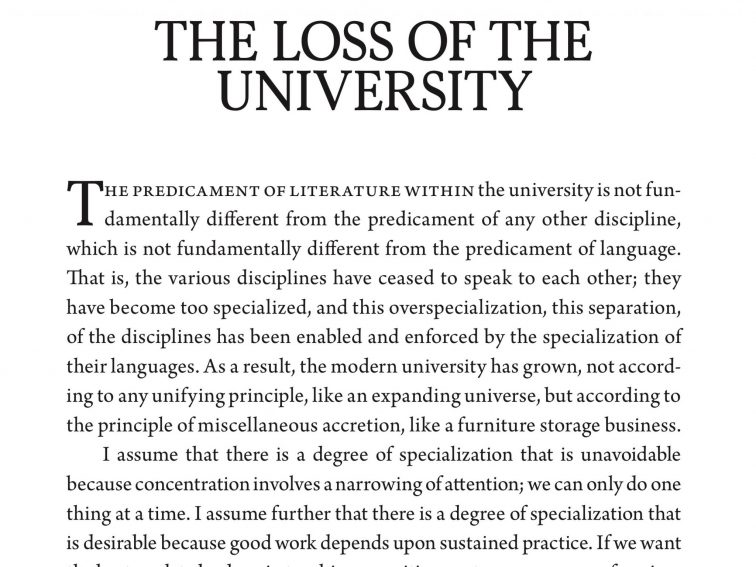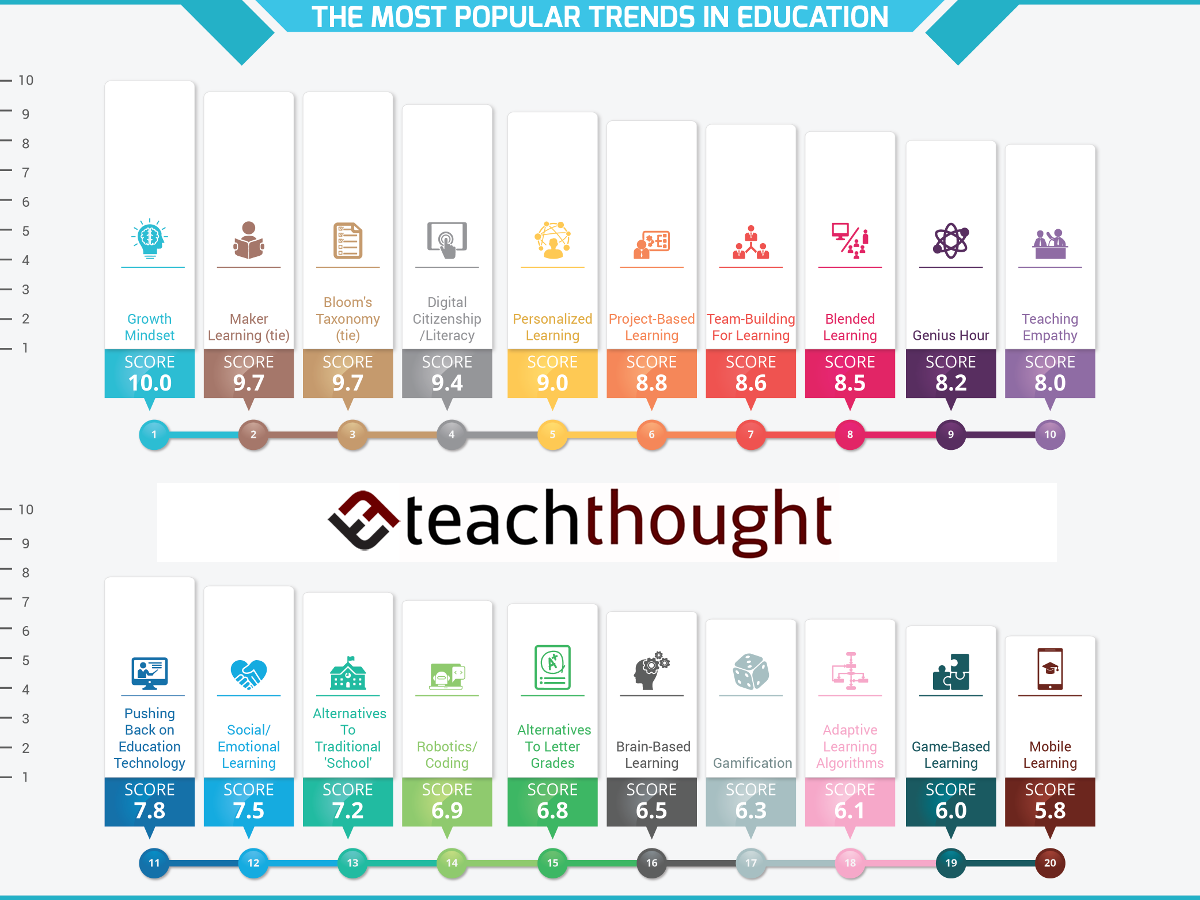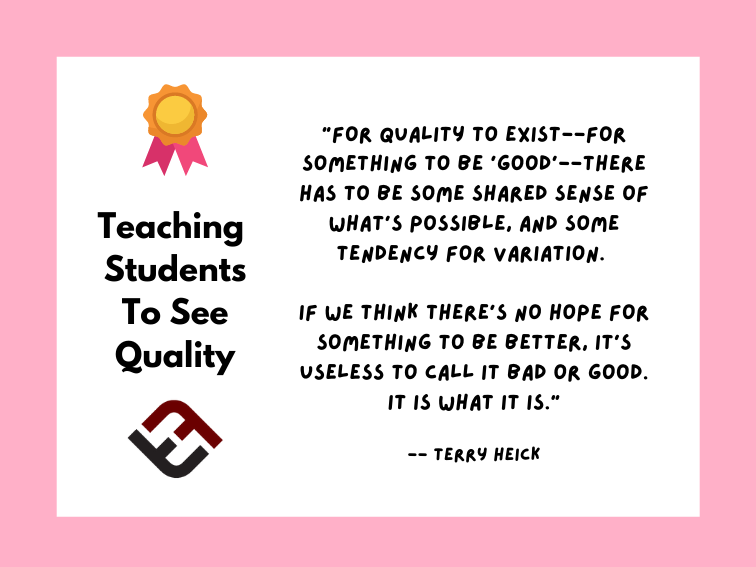by Terry Heick
Having gone on for decades now, discussions around the idea of ed reform are a bit tired.
They seem pointless. Exhausting. A waste of time and creative bandwidth. Bottom-up change is exhausting and top-down change is exhausting for entirely different reasons.
Rather than state or federal policy, make schools and communities accountable to one another.
This would require supporting those communities in various ways and supporting learners by expanding the definition of ‘academic’ success.
Among the benefits, the improved visibility of our collective, shared challenge to educate every learner every day for every standard regardless of background, literacy, learning habits, or scheme would be visible to everyone–kind of like opening the kitchen of a failing restaurant for the public to see; not to shame, but so that everyone could better understand.
See also What Else Schools Could Be Besides Schools?
It’d be a mess at first, but it would also expose the overwheling problems with our standards and curriculum and other related flaws like those in assessment and instruction, for example.
It might also, indrectly, reveal ‘flaws’ in our collective practices as a society (not just as schools and classrooms), but doesn’t education already has enough on its plate? Parents might see our collective challenge as something whole and shared–or at least would have the chance to.
In Why Parents Don’t Understand School, I said “This is a challenge (of schools and communities not speaking the same language) not new to education, but because of the unique position of educators as both experts and conduits between formal education and local communities, the burden falls to teachers to not simply paraphrase and translate but build and transfer capacity from the inside out.”
But what if parents and families ‘don’t have time’? Judging by our collective test scores, student apathy, teacher burnout statistics, graduation rates from high school to college, and general lack of widespread, genuinely inspirational teaching and learning, neither do we.
‘Accountability,’ then, could become opportunity for all of us.
Parents aren’t clear what’s being taught in school, not to mention how or why? That’s a place to start.
There are too few resources in communities? In schools? Another good place.
Society at large doesn’t understand formal learning–especially K-12? What exactly is being taught and why? This might be one of the most significant challenges, but that’s fine. We can all share, invest in, and thoughtfully approach it all together.
Is literacy a problem at home, which is why it’s a problem in schools–or is it the other way around?
Families have no real idea at all what’s happening in the classroom? Force their complete involvement. If they can’t, that’s okay–let’s just all be transparent that schools aren’t ‘the problem.’ If we can agree there, the rest can being a bit easier to sort out.
Does this all sound impractical? Silly? More trouble than it’s worth? Hopeless? There’s another bit of data: we’re trying open schools to families and no one understands how or why.
Isn’t that what’s crazy?
What happens when schools and families don’t talk?
Or worse, when they couldn’t even if they tried?





